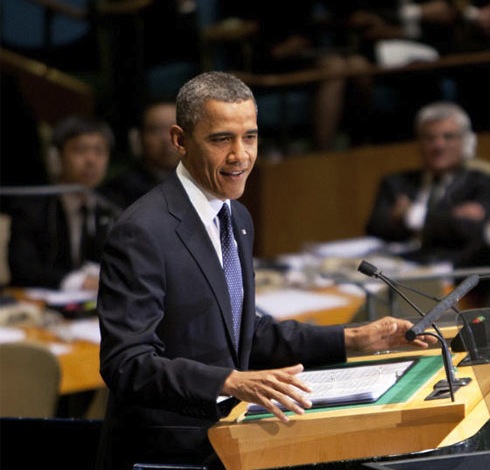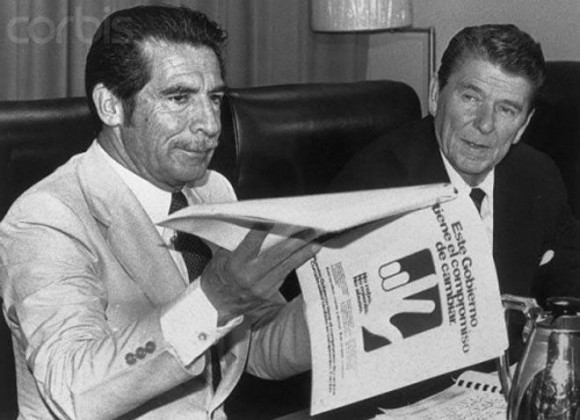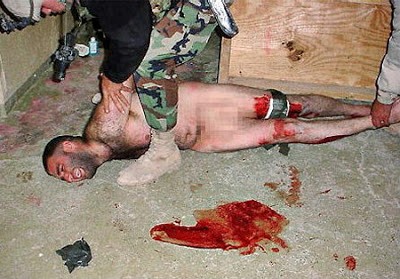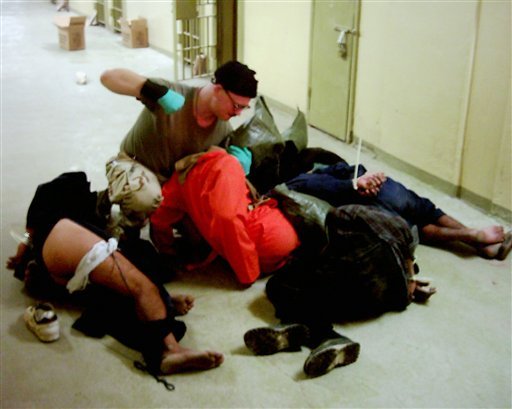
President Obama is scheduled to give a speech tomorrow at the National Defense University on national security and counterterrorism policy. Many are eagerly awaiting an unprecedented moment of candor, expecting the president at least to clarify certain ‘ambiguities’ (read: utter lack of transparency) on the legal and moral approach to his war on terror.
While the president may mention the drone war, I predict he will fail to address the most hard-hitting questions about its (il)legality.
There is a reason the Obama administration has kept the drone war secret, and it’s not about protecting sources and methods. The real reason is to shield the White House from accountability for crimes committed.
This was articulated rather well by U.S. District Judge Colleen McMahon in deciding on a lawsuit brought against the Obama administration by The New York Times for not disclosing more information about the drone war.
“I can find no way around the thicket of laws and precedents that effectively allow the executive branch of our government to proclaim as perfectly lawful certain actions that seem on their face incompatible with our Constitution and laws while keeping the reasons for their conclusion a secret,” McMahon said.
In Senate testimony last month, Rosa Brooks, Professor of Law at Georgetown University Law Center, reiterated a similar criticism, arguing that “When a government claims for itself the unreviewable power to kill anyone, anywhere on earth, at any time, based on secret criteria and secret information discussed in a secret process by largely unnamed individuals, it undermines the rule of law.”
More specifically, the most glaring breach of law the Obama administration has committed in its drone war is to unilaterally redefine the legal standards that justify the use of force. The Justice Department’s leaked memo on targeted killings showed that Obama has altered the meaning of the word “imminence” – a prerequisite for the use of force by a state.
The memo refers to what it calls a “broader concept of imminence” than what has traditionally been required, insisting actual intelligence of an ongoing or imminent plot against the U.S. is simply not a standard the administration chooses to impose on itself (as if it were up to their discretion).
“The condition that an operational leader present an ‘imminent’ threat of violent attack against the United States does not require the United States to have clear evidence that a specific attack on U.S. persons and interests will take place in the immediate future,” the memo states, contradicting conventional international law.
There are other aspects of the drone war that clash with international law. A new report out this week by the International Crisis Group calls on the Obama administration to “Demonstrate respect for the international humanitarian law principles,” by “halting reported signature strikes that target groups of men based on behavior patterns that may be associated with terrorist activity rather than known identities; and ending the reported practice of counting all military-aged men in a strike zone as combatants unless sufficient evidence proves them innocent posthumously.”
And finally, the foundation upon which the drone war rests is the 2001 Authorization for the Use of Military Force (AUMF), which empowered the president “to use all necessary and appropriate force against those nations, organizations, or persons he determines planned, authorized, committed, or aided the terrorist attacks that occurred on September 11, 2001.”
But the administration’s case for the drone war is that it targets “al-Qaeda and its associated forces.” In other words, any individual or group that a couple of high-level officials secretly determine fits that expansive description, including U.S. citizens and Islamist groups that did not even exist at the time of the 9/11 attacks.
In Senate hearings last week, top Pentagon lawyer Robert Taylor kept using the words “associated forces” to justify the legality of the drone war under the 2001 AUMF. Until Senator Angus King of Maine told him those words never appear in the text of the AUMF.
“You guys have invented this term, associated forces, that’s nowhere in this document,” King said. “It’s the justification for everything, and it renders the war powers of Congress null and void.”
On all of the above points, the administration has barely a legal leg to stand on. To expect Obama to substantively address them is to expect him to highlight his own criminality.







